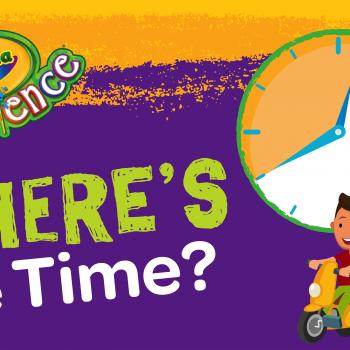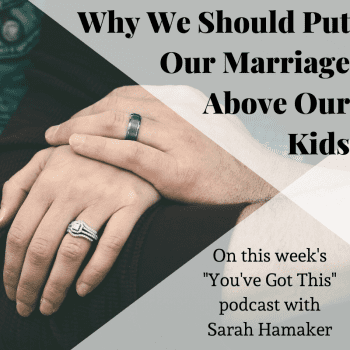My introversion nearly held me back in school. As a child, I was what we used to call “shy”—I could answer questions (but only raised my hand when I knew I knew the answer). I actually had no trouble preforming in front of a crowd, like in a school or church play, for example. However, I was petrified of getting up in front of my class and saying anything.

When my third grade teacher at the beginning of the year had every student in class read a passage aloud to figure out reading placement, I did very poorly. (Having a “reading” vocabulary didn’t help, either—I frequently mispronounced words that I understood perfectly). Back home, I was very upset at my placement in the lower reading group when I had left second grade in the highest reading group. My mother correctly surmised that I stumbled because I had to read out loud in front of the entire class—not because I was having some trouble with reading.
Thus can be the troubles of an introvert in a world that values extroverts. However, studies estimate that “one third to one half of Americans are introverts. … We live with a value system that I call the Extrovert Ideal—the omnipresent belief that the ideal self is gregarious, alpha, and comfortable in the spotlight,” wrote Susan Cain in Quiet: The Power of Introverts in a World That Can’t Stop Talking. “We like to think that we value individuality, but all too often we admire one type of individual—the kind who’s comfortable ‘putting himself out there.’ … Introversion—along with its cousins sensitivity, seriousness, and shyness—is now a second-class personality trait, somewhere between a disappointment and a pathology.”











